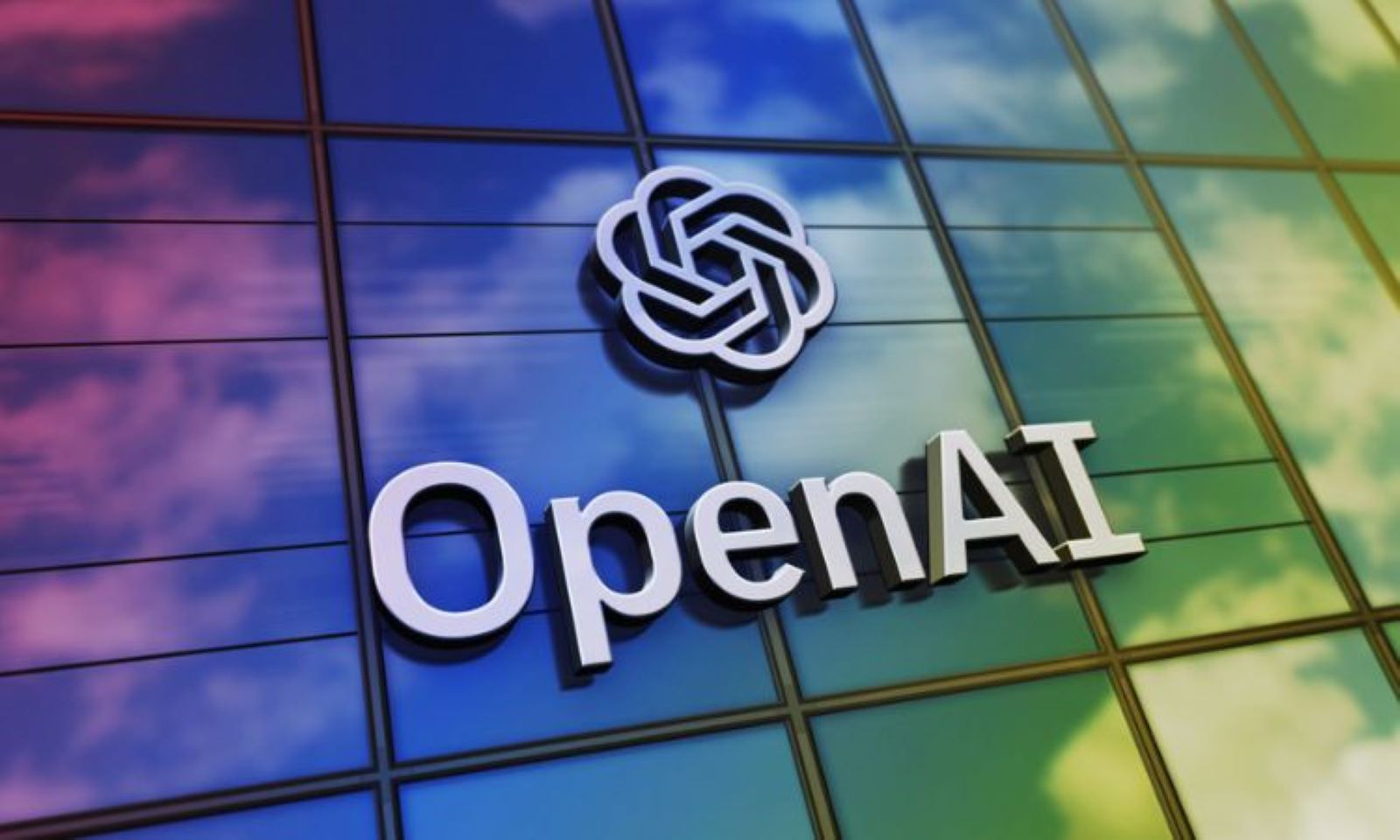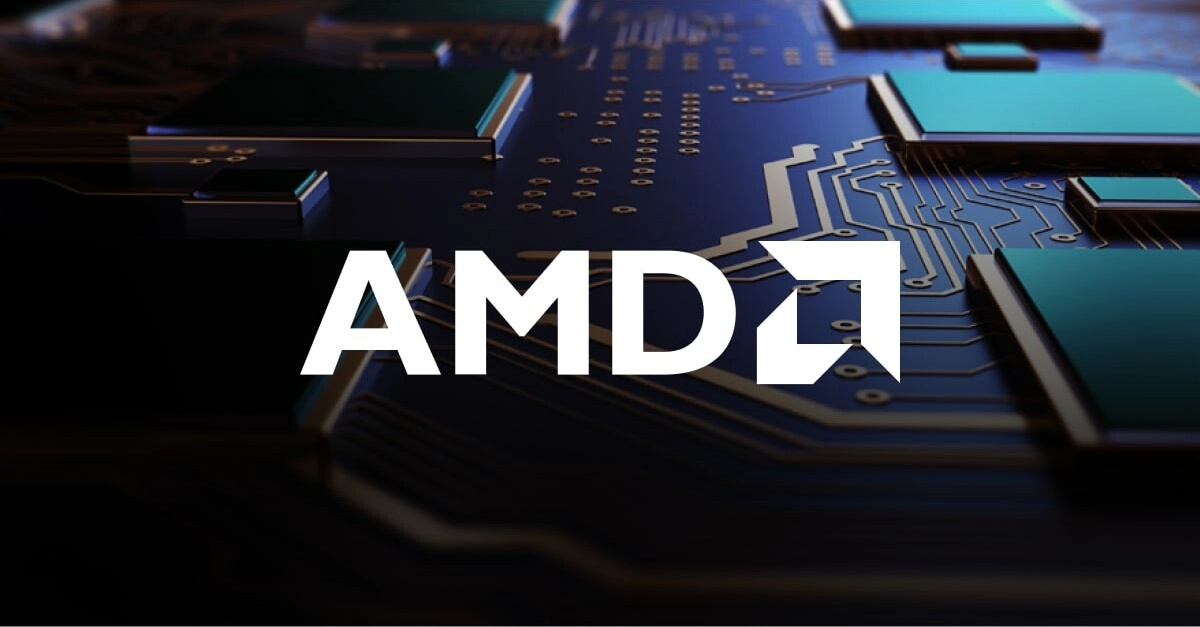OpenAI has officially made its Codex model, an AI system designed to translate natural language commands into computer code, generally available to developers through an application programming interface (API). This marks a significant step forward, as it opens the door for programmers and businesses to build their own applications that can understand simple English instructions and turn them into functional code across more than a dozen programming languages. The release follows a period of private testing where developers had the chance to explore its potential and limitations.
Key Takeaways
• OpenAI’s Codex is now accessible for public use via an API.
• Codex is an AI model that generates code from natural language prompts.
• The technology powers GitHub Copilot, one of the most widely used coding assistants.
• It supports multiple programming languages including Python, JavaScript, and C++.
Codex builds upon the foundation of GPT-3, OpenAI’s well-known language model. But unlike GPT-3, which was trained purely on a vast amount of text from the internet, Codex received additional training on both text and billions of lines of publicly available code. This combination enables it to grasp not just language but also the logic and structure behind programming. As a result, Codex can generate code that feels contextually aware and syntactically accurate. Developers can use it for a range of purposes, from describing a simple website layout in plain English to automating complex data analysis in Python.
For many in the software development community, Codex isn’t exactly new. Its capabilities are already familiar through GitHub Copilot; a tool created in collaboration between GitHub and OpenAI. Copilot integrates directly into popular code editors, suggesting lines or even complete sections of code as developers’ type. Now, with the Codex API publicly available, any developer can harness the same intelligence that drives Copilot to create their own customized tools or applications.
The broader availability of Codex introduces a shift in how developers might approach software creation. It has the potential to speed up development cycles by automating repetitive or time-consuming tasks. For instance, rather than manually writing boilerplate code to connect to a database or make an API call, a developer could simply write a short comment describing what they need. Codex then interprets that description and produces the relevant code. This approach allows developers to focus more on problem-solving and creative logic, rather than routine syntax.
Still, reactions among programmers have been mixed, though largely positive. Many view Codex as a helpful assistant that can boost productivity and even serve as a valuable learning companion for those new to coding. It offers an interactive way to see how natural language translates into executable code, which can be quite insightful. On the other hand, some developers have expressed caution. The generated code isn’t flawless, it can include bugs or miss best practices, and occasionally, it might produce insecure code if left unchecked.
In the end, Codex seems to represent both promise and responsibility. It’s a glimpse into what the future of programming might look like, where writing code could feel more conversational. But as with any tool that automates part of the creative process, it still requires human judgment, testing, and verification to ensure that what’s built is reliable and secure.
Frequently Asked Questions (FAQs)
Q. What is OpenAI Codex?
A. OpenAI Codex is an artificial intelligence model that translates natural language, like simple English sentences, into working computer code across multiple programming languages.
Q. Is Codex free to use?
A. Access to the Codex model is provided through the OpenAI API, which is a paid service based on usage. OpenAI typically provides a limited amount of free access for new users to get started.
Q. How is Codex different from GitHub Copilot?
A. GitHub Copilot is a specific product, a code-completion tool, that is built using the Codex model. Codex is the underlying AI system, which is now available as a more general API for developers to build their own applications.
Q. What programming languages does Codex support?
A. Codex has a strong proficiency in Python and is also highly capable in over a dozen other languages, including JavaScript, Go, Perl, PHP, Ruby, Swift, and C++.
Q. Can Codex write incorrect code?
A. Yes. While Codex is very capable, it is not perfect. It can sometimes generate code that is incorrect, inefficient, or has security vulnerabilities. Developers should always review, test, and understand any code produced by the AI.



















